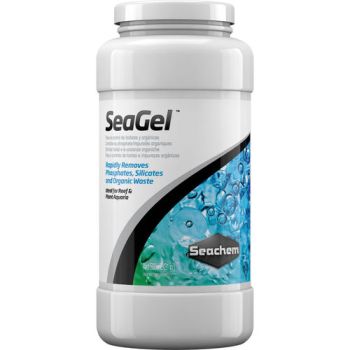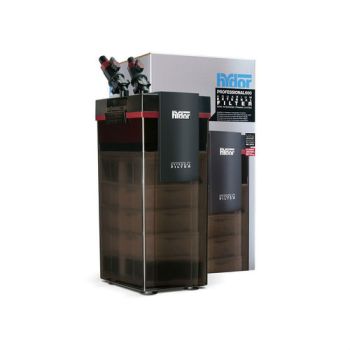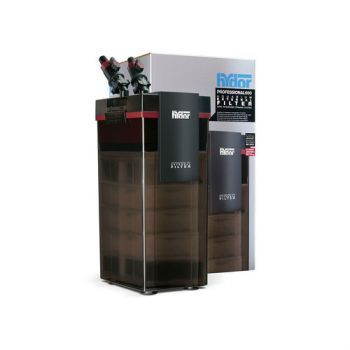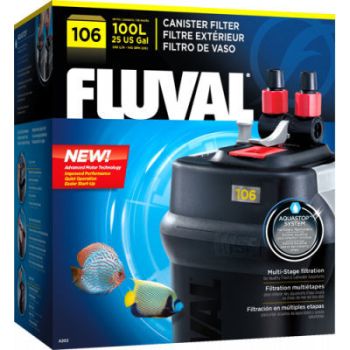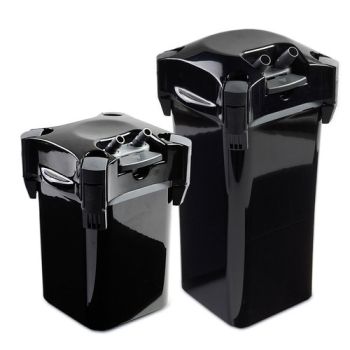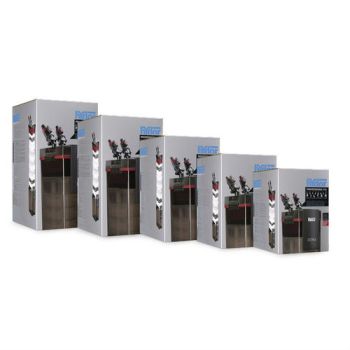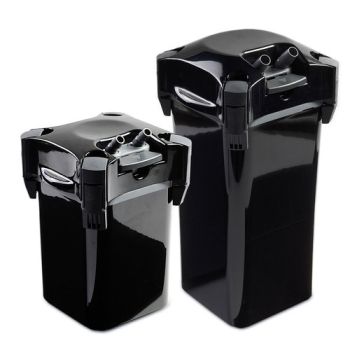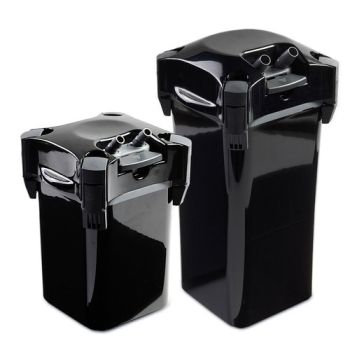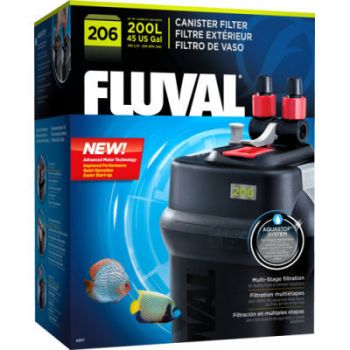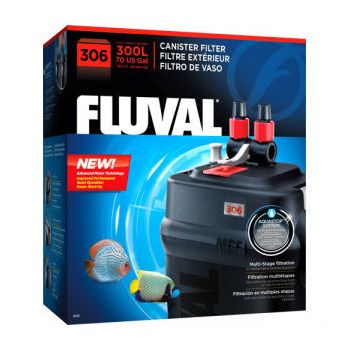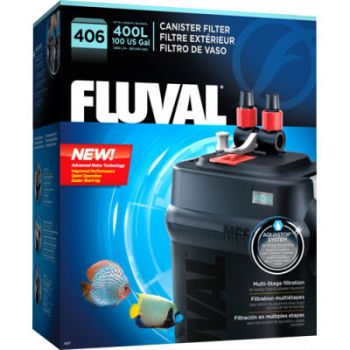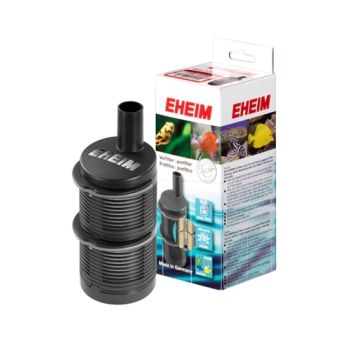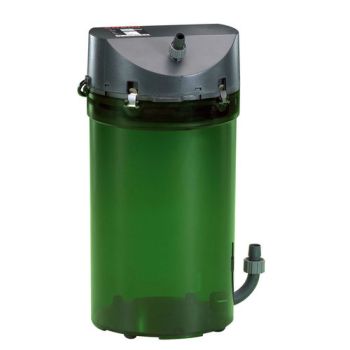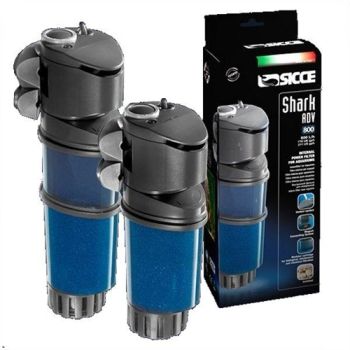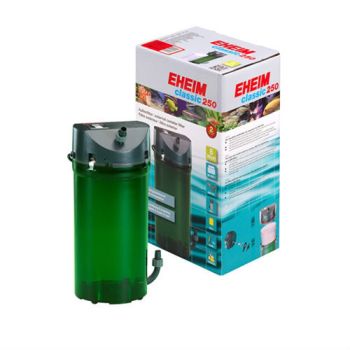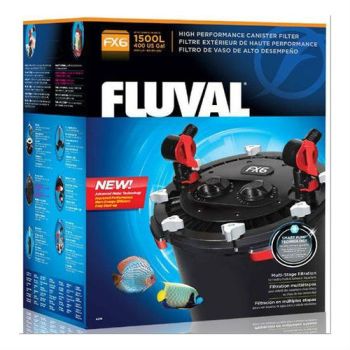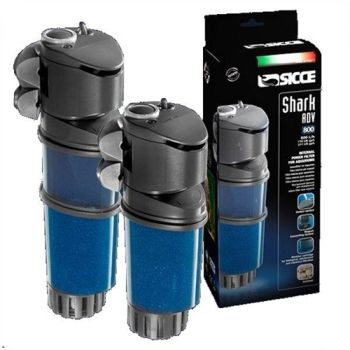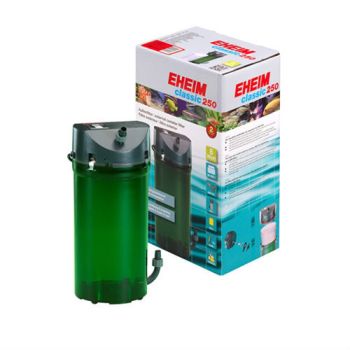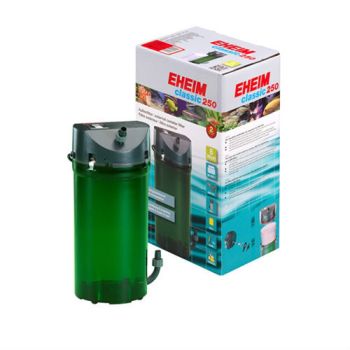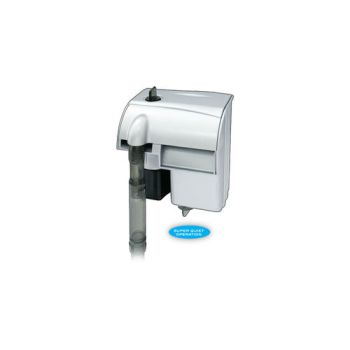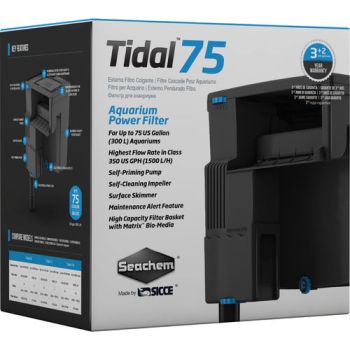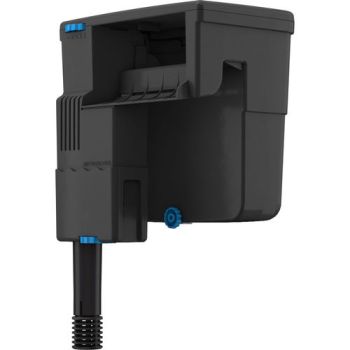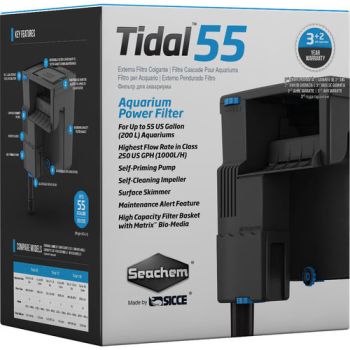Filters
Biological Filters in Aquatic Ecology
Biological filters play a critical role in the natural purification process of water systems, especially in contained environments like ponds and aquariums. These filters are a habitat for beneficial bacteria that break down organic waste into less harmful components, aiding in the maintenance of a healthy aquatic ecosystem. By leveraging this biological process, these filters contribute to the conversion of ammonia, a byproduct of decaying organic matter which is toxic to fish, into less threatening substances, such as nitrates.
How Biological Filters Transform Ponds and Aquariums
Integrating a biological filter into a pond or aquarium ensures the consistent breakdown of ammonia and provides a stable environment for aquatic life to thrive. The benefits are tangible, reducing the risk of toxic conditions and minimizing the frequency of water changes, which can be stressful for fish and time-consuming for their keepers. For ponds, biologically-filtered water can facilitate the growth of healthy plant life and prevent the excess buildup of algae, maintaining the aesthetic appeal of the water feature.
Routine Care for a Healthy Habitat
Proper maintenance is key to maximizing the efficiency of biological filters. Here are essential tips to keep your filter in optimal working condition:
- Regularly clean and rinse the biological media to prevent clogging, typically on a monthly basis.
- Use dechlorinated water when cleaning to avoid killing off the beneficial bacteria.
- Monitor water parameters to ascertain the efficacy of your filter in maintaining safe toxin levels.
- Replace filter media at recommended intervals to prevent the decline of filtration efficacy over time.
- Select a design and size of filter appropriate for the bioload and volume of water in your specific aquatic setup.
Superiority Over Mechanical Filters
While mechanical filters can remove large particles from the water, biological filters hold a crucial advantage. They can convert toxic ammonia into less harmful elements, promoting a truly healthy aquatic setting. For the aquarist or pondkeeper that values the overall well-being of their aquatic environment, biological filtration stands as a cornerstone of balanced, thriving ecosystems.


